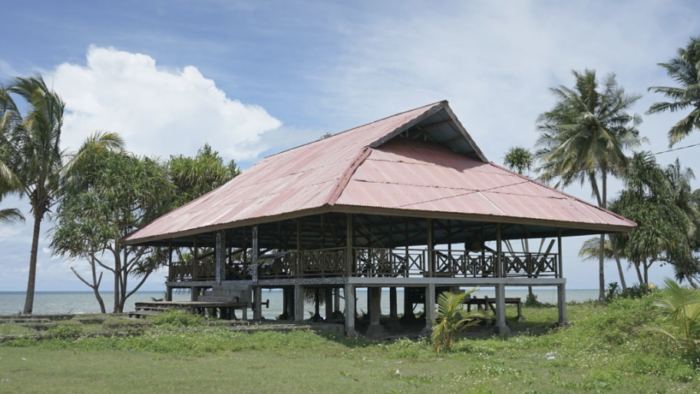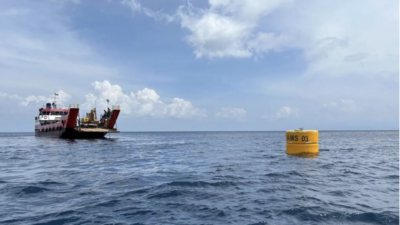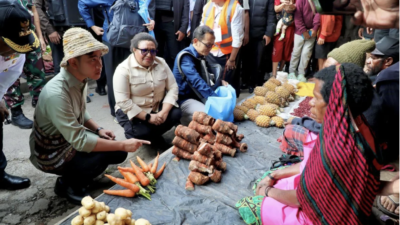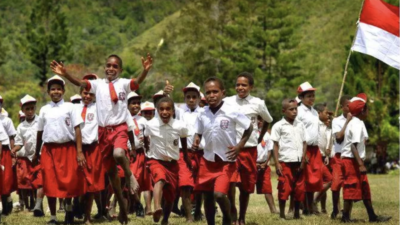The Indigenous communities of Skouw Sae, Skouw Mabo, and Skouw Yambe have unanimously agreed to entrust the management of the tourism sector to the Jayapura City Government. This commitment was formally outlined in a joint agreement signed during the Turkam (Community Outreach and Government Service) program, held from May 19 to 28 across the three villages.
To strengthen this collaboration, the customary leaders proposed that the joint commitment be formalized through Village Regulations (Peraturan Kampung or Perkam), thereby ensuring legal clarity and operational continuity. Mayor of Jayapura, Abisai Rollo, welcomed the idea, calling it a constructive step to ensure the agreement’s effectiveness.
“Having this commitment embedded in Village Regulations is indeed necessary, so that the government’s efforts in implementing this agreement won’t face any legal uncertainties,” said Mayor Rollo during his visit to Skouw Yambe on May 28.
He further stated that before Perkam is enacted, the stakeholders — including Ondoafi (traditional leaders), tribal chiefs, village heads, youth representatives, churches, and other parties — must first hold in-depth discussions to ensure the regulation is well-targeted and inclusive.
“Village regulations must reflect collective consensus, so their execution will be smooth and free from overlap or contradiction,” he explained.
The agreement also includes a profit-sharing scheme, where 80% of the tourism revenue will go to the indigenous community, while 20% will be allocated to the city government, to be implemented once development begins.
Mayor Abisai expressed hope that the commitment would not remain a mere discourse, but instead lead to concrete actions from both parties — with the government supporting development and indigenous communities contributing as landowners.
“I assure you, the government is fully committed to developing the potential of these villages. The coastal tourism resources in the Skouw region are promising — all that’s left is to finalize the technical management,” he said.
Abisai emphasized that government-managed tourism will bring wide-ranging benefits, including increased village income, job creation, cultural preservation, environmental protection, and the establishment of safe and accessible tourist destinations.
He added that tourism development will also promote infrastructure improvements such as roads and supporting facilities, while opening up opportunities for investment and accelerating economic growth in rural areas.
Source:
Cenderawasih Pos – Kelola Sektor Wisata, Adat Dorong Adanya Peraturan Kampung. Published May 31, 2025.








